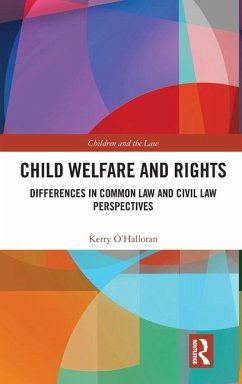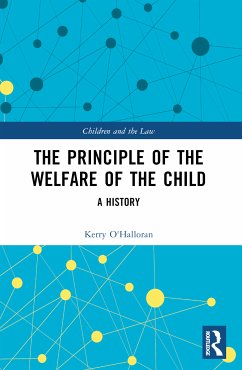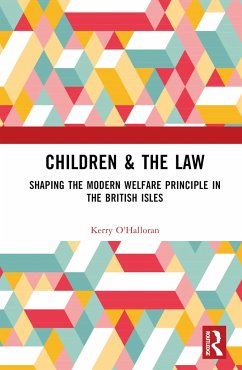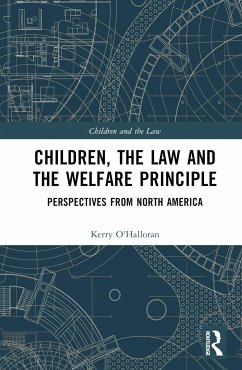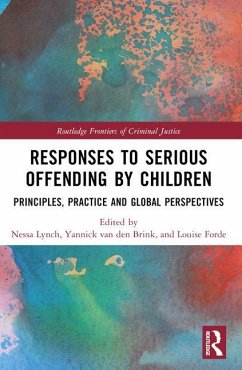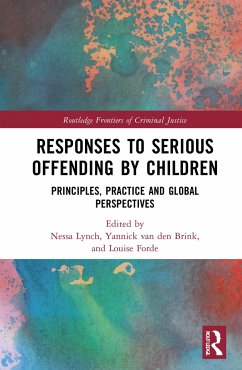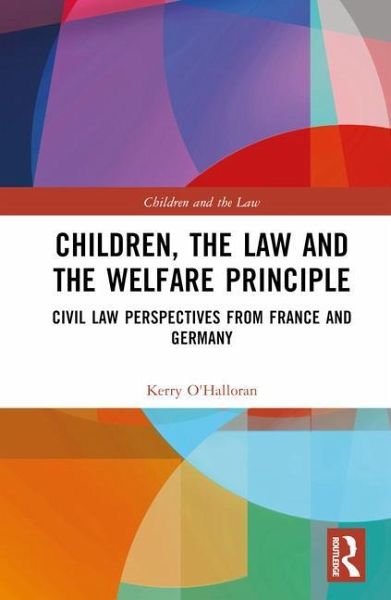
Children, the Law and the Welfare Principle
Civil Law Perspectives from France and Germany

PAYBACK Punkte
77 °P sammeln!
This book contrasts and compares the different application of the law relating to the welfare interests and rights of children in France and Germany. It does so by applying the same matrix of indicators to explore jurisdictional differences between welfare interests and rights in the contexts of public family law (civil - care and protection etc and criminal - youth justice etc); private family law (matrimonial, adoption etc); and hybrid public/private family law (wardship, adoption from state care etc). By profiling the nations in accordance with the same indicators it reveals important juris...
This book contrasts and compares the different application of the law relating to the welfare interests and rights of children in France and Germany. It does so by applying the same matrix of indicators to explore jurisdictional differences between welfare interests and rights in the contexts of public family law (civil - care and protection etc and criminal - youth justice etc); private family law (matrimonial, adoption etc); and hybrid public/private family law (wardship, adoption from state care etc). By profiling the nations in accordance with the same indicators it reveals important jurisdictional differences in the extent to which welfare interests or rights determine how the law is currently applied to children in France and Germany.
This volume will be of interest to academics and researchers engaged in law, legal studies, and social policy, and also to policymakers, administrators, and professionals working within child welfare systems.
This volume will be of interest to academics and researchers engaged in law, legal studies, and social policy, and also to policymakers, administrators, and professionals working within child welfare systems.





